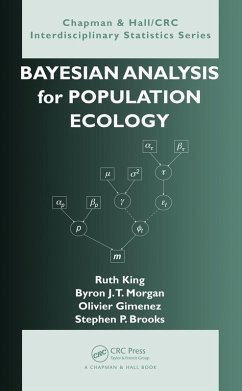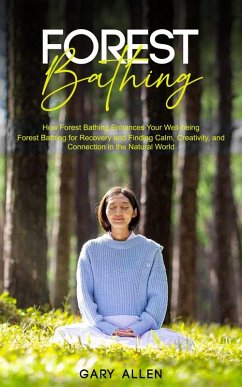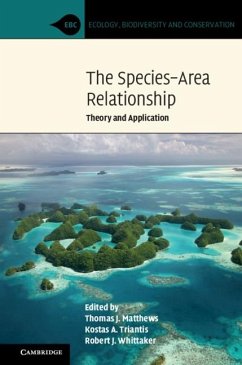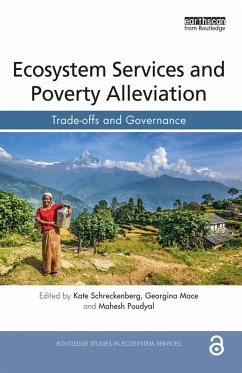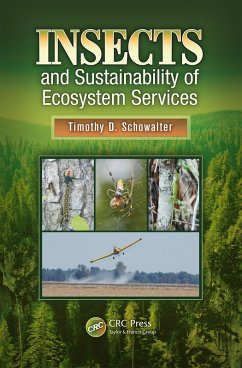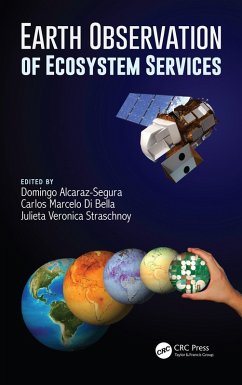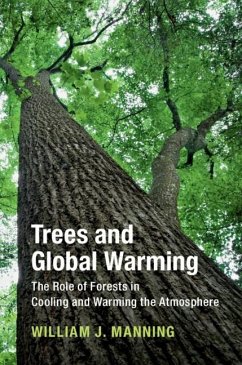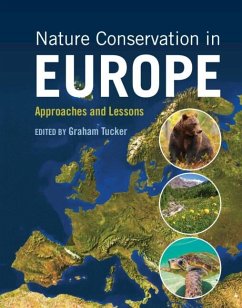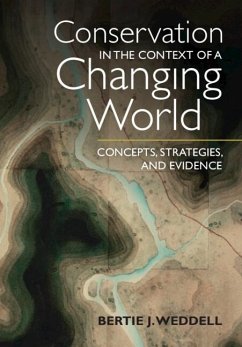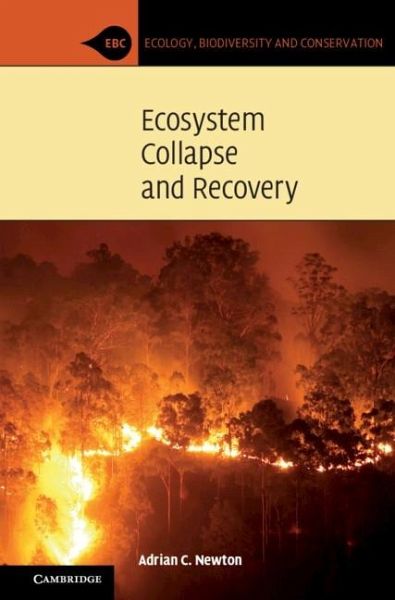
Ecosystem Collapse and Recovery (eBook, ePUB)
Versandkostenfrei!
Sofort per Download lieferbar
25,95 €
inkl. MwSt.
Weitere Ausgaben:

PAYBACK Punkte
13 °P sammeln!
There is a growing concern that many important ecosystems, such as coral reefs and tropical rain forests, might be at risk of sudden collapse as a result of human disturbance. At the same time, efforts to support the recovery of degraded ecosystems are increasing, through approaches such as ecological restoration and rewilding. Given the dependence of human livelihoods on the multiple benefits provided by ecosystems, there is an urgent need to understand the situations under which ecosystem collapse can occur, and how ecosystem recovery can best be supported. To help develop this understanding...
There is a growing concern that many important ecosystems, such as coral reefs and tropical rain forests, might be at risk of sudden collapse as a result of human disturbance. At the same time, efforts to support the recovery of degraded ecosystems are increasing, through approaches such as ecological restoration and rewilding. Given the dependence of human livelihoods on the multiple benefits provided by ecosystems, there is an urgent need to understand the situations under which ecosystem collapse can occur, and how ecosystem recovery can best be supported. To help develop this understanding, this volume provides the first scientific account of the ecological mechanisms associated with the collapse of ecosystems and their subsequent recovery. After providing an overview of relevant theory, the text evaluates these ideas in the light of available empirical evidence, by profiling case studies drawn from both contemporary and prehistoric ecosystems. Implications for conservation policy and practice are then examined.
Dieser Download kann aus rechtlichen Gründen nur mit Rechnungsadresse in A, B, BG, CY, CZ, D, DK, EW, E, FIN, F, GR, HR, H, IRL, I, LT, L, LR, M, NL, PL, P, R, S, SLO, SK ausgeliefert werden.




